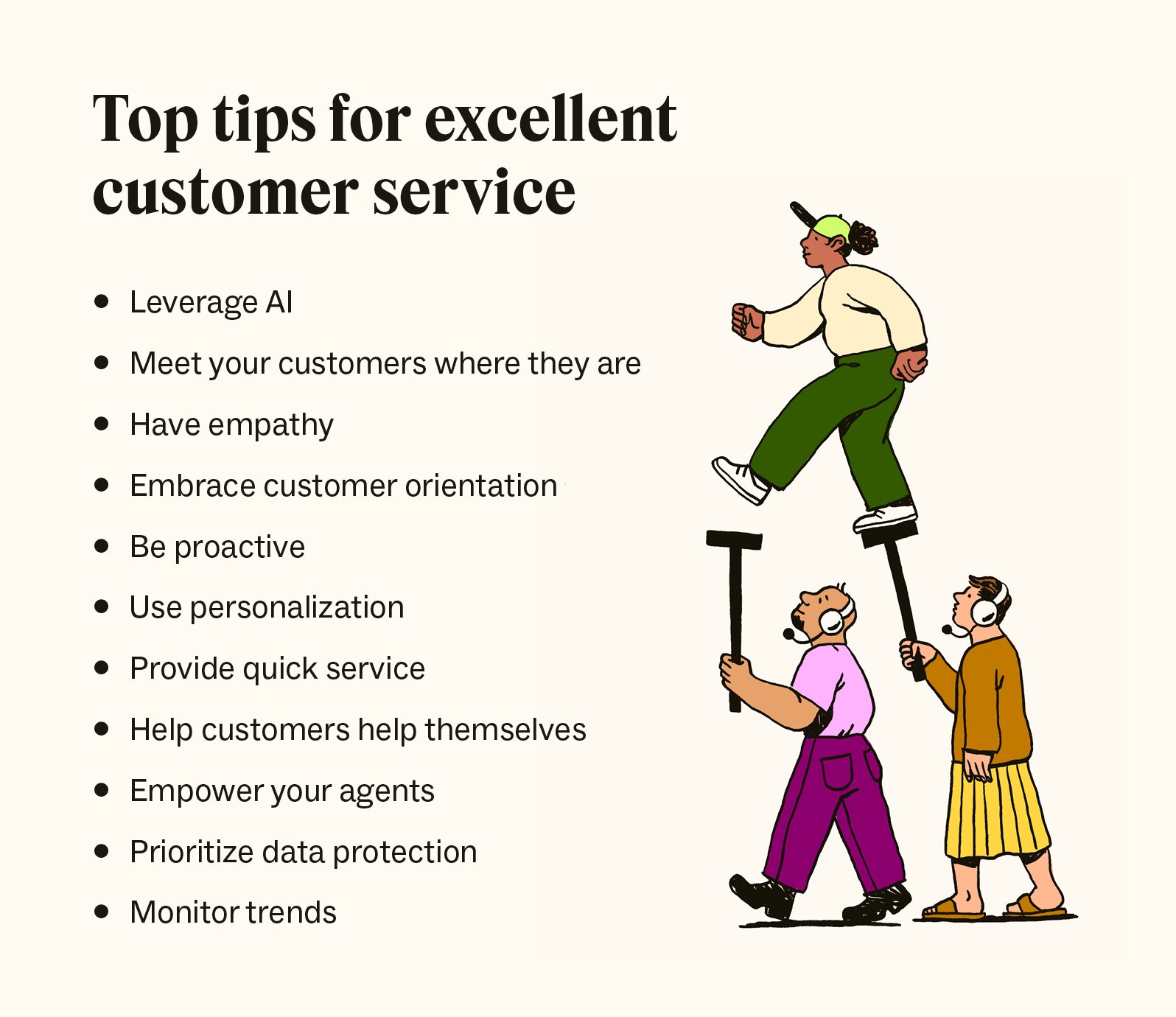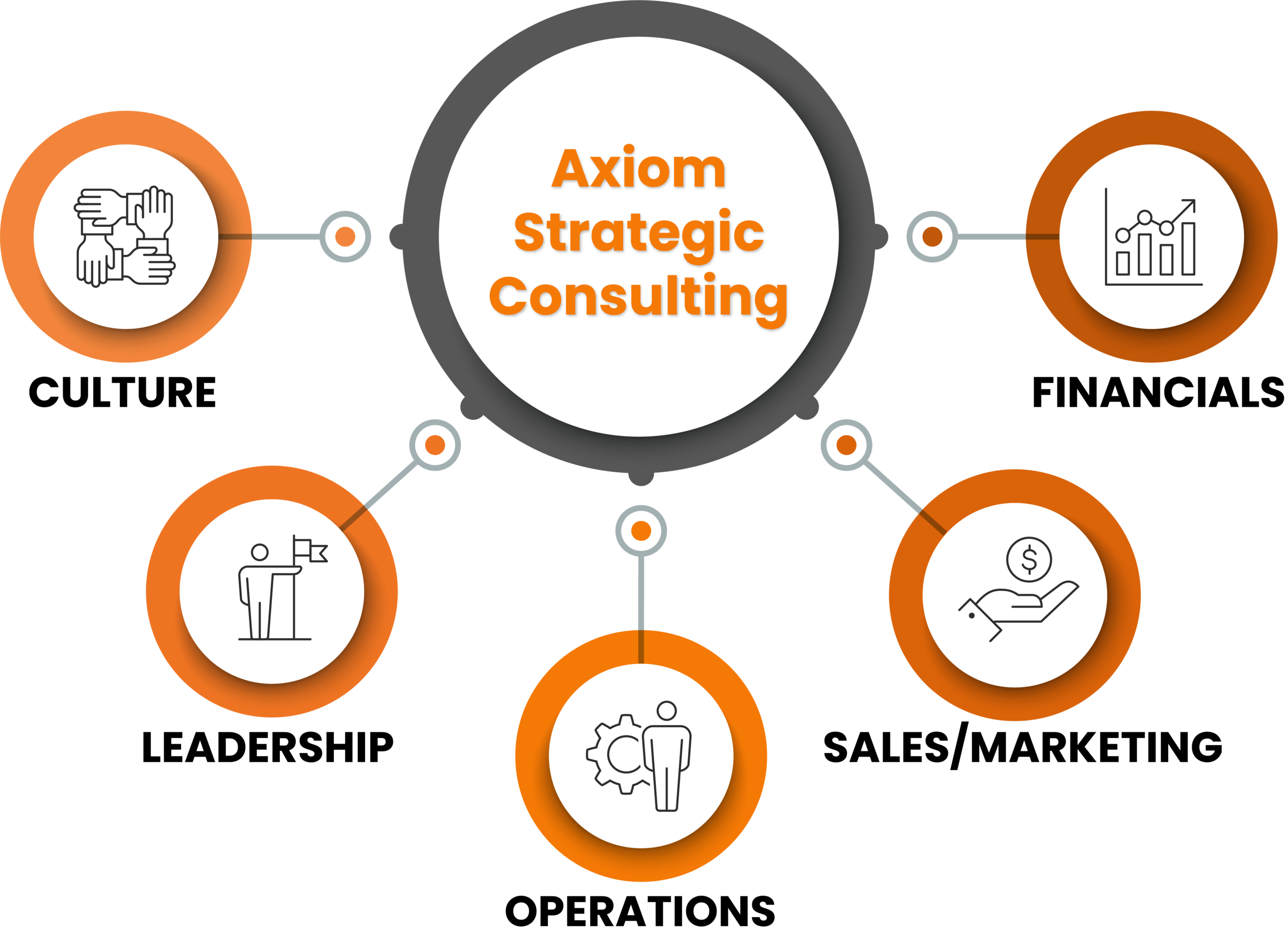Empowering Your Business with Exceptional Support Services
The Importance of Support Services in Today’s Business World
In the fast-paced and dynamic business environment of today, having reliable support services is crucial for the success and growth of any organization. Whether it’s technical support for IT systems, customer service for clients, or assistance with product inquiries, a robust support service can make a significant difference in how a business operates.
Enhancing Customer Satisfaction
One of the primary benefits of having a strong support service is the ability to enhance customer satisfaction. When customers encounter issues or have questions about a product or service, prompt and effective support can address their concerns quickly and efficiently. This not only resolves their problems but also builds trust and loyalty towards the brand.
Improving Operational Efficiency
Support services play a vital role in improving operational efficiency within an organization. By providing timely assistance to employees facing technical challenges or streamlining customer service processes, support teams help reduce downtime and ensure that business operations run smoothly.
Driving Innovation and Growth
Effective support services can also drive innovation and growth within a company. By gathering feedback from customers and employees, support teams can identify areas for improvement and develop new solutions to meet evolving needs. This continuous cycle of feedback and innovation is essential for staying competitive in today’s market.
Building Brand Reputation
A strong support service is instrumental in building a positive brand reputation. When customers receive excellent support experiences, they are more likely to recommend the brand to others and become loyal advocates. This word-of-mouth marketing can significantly impact how the brand is perceived in the market.
Conclusion
Support services are an integral part of modern businesses, playing a critical role in customer satisfaction, operational efficiency, innovation, and brand reputation. Investing in robust support systems not only benefits the organization internally but also contributes to long-term success and growth in an increasingly competitive business landscape.
Everything You Need to Know About Our Support Services: FAQs Answered
- What types of support services do you offer?
- How can I contact your support team?
- What are your support service hours?
- Do you offer 24/7 customer support?
- How long does it typically take to resolve an issue?
- Is there a cost associated with your support services?
- Can I track the status of my support request?
- What information do I need to provide when contacting support?
What types of support services do you offer?
Our company offers a comprehensive range of support services to cater to diverse needs and ensure a seamless experience for our clients. From technical assistance for IT systems and software troubleshooting to customer service for addressing inquiries and feedback, we provide a holistic approach to support. Our team is well-equipped to handle various types of support requests, including network management, cybersecurity solutions, cloud services, software development, and more. We strive to deliver prompt and effective support that meets the specific requirements of each client, demonstrating our commitment to excellence in service delivery.
How can I contact your support team?
If you are looking to reach our support team for assistance, there are several convenient ways to get in touch with us. You can contact our support team via phone, email, or through our online chat service on our website. Our dedicated support staff is available to address your inquiries and provide timely solutions to any issues you may encounter. Rest assured that we are committed to ensuring a seamless and efficient support experience for all our customers.
What are your support service hours?
Customers often inquire about our support service hours, wanting to know when they can reach out for assistance. At CFChris, we understand the importance of timely support and aim to provide reliable assistance during our standard business hours, which are Monday through Friday from 9:00 AM to 5:00 PM. Our dedicated support team is available during these hours to address any queries, resolve issues, and ensure that our customers receive the help they need in a timely manner.
Do you offer 24/7 customer support?
Many customers often inquire about the availability of 24/7 customer support when considering a service provider. The question, “Do you offer 24/7 customer support?” is a common one, reflecting the importance of round-the-clock assistance for many individuals and businesses. Providing 24/7 customer support demonstrates a commitment to addressing issues and inquiries promptly, regardless of the time of day, ultimately enhancing customer satisfaction and building trust in the service provider’s reliability and responsiveness.
How long does it typically take to resolve an issue?
When inquiring about the typical resolution time for an issue through our support service, it’s important to consider various factors that can influence the timeframe. The complexity of the problem, availability of resources, and the specific nature of the issue all play a role in determining how long it may take to reach a resolution. Our dedicated support team is committed to addressing issues efficiently and effectively, striving to provide timely solutions while maintaining a high standard of service quality. Rest assured that we prioritize resolving issues promptly to minimize any disruptions and ensure a smooth experience for our customers.
Is there a cost associated with your support services?
When inquiring about our support services, one common question that arises is whether there is a cost associated with them. At our company, we offer a range of support service options with different pricing structures to cater to the diverse needs of our clients. Our goal is to provide transparent and fair pricing for the valuable assistance and expertise we offer. We believe in delivering high-quality support services that align with your budget and requirements, ensuring that you receive the best possible value for your investment.
Can I track the status of my support request?
Customers often inquire about the ability to track the status of their support request, a common and understandable concern when seeking assistance. Providing transparency and visibility into the progress of their inquiry can help manage expectations and reassure customers that their concerns are being addressed. By offering a tracking system for support requests, businesses can enhance customer satisfaction by keeping clients informed and engaged throughout the resolution process. This feature not only promotes accountability but also demonstrates a commitment to delivering efficient and effective support services.
What information do I need to provide when contacting support?
When contacting support services, it is essential to provide specific information to help expedite the resolution of your issue. Typically, you should be prepared to share details such as your account or customer number, a description of the problem or error message you encountered, any relevant steps you have already taken to address the issue, and any other pertinent information that may assist the support team in diagnosing and resolving the issue efficiently. By providing comprehensive and accurate information upfront, you can help ensure a smoother and more effective support experience.










